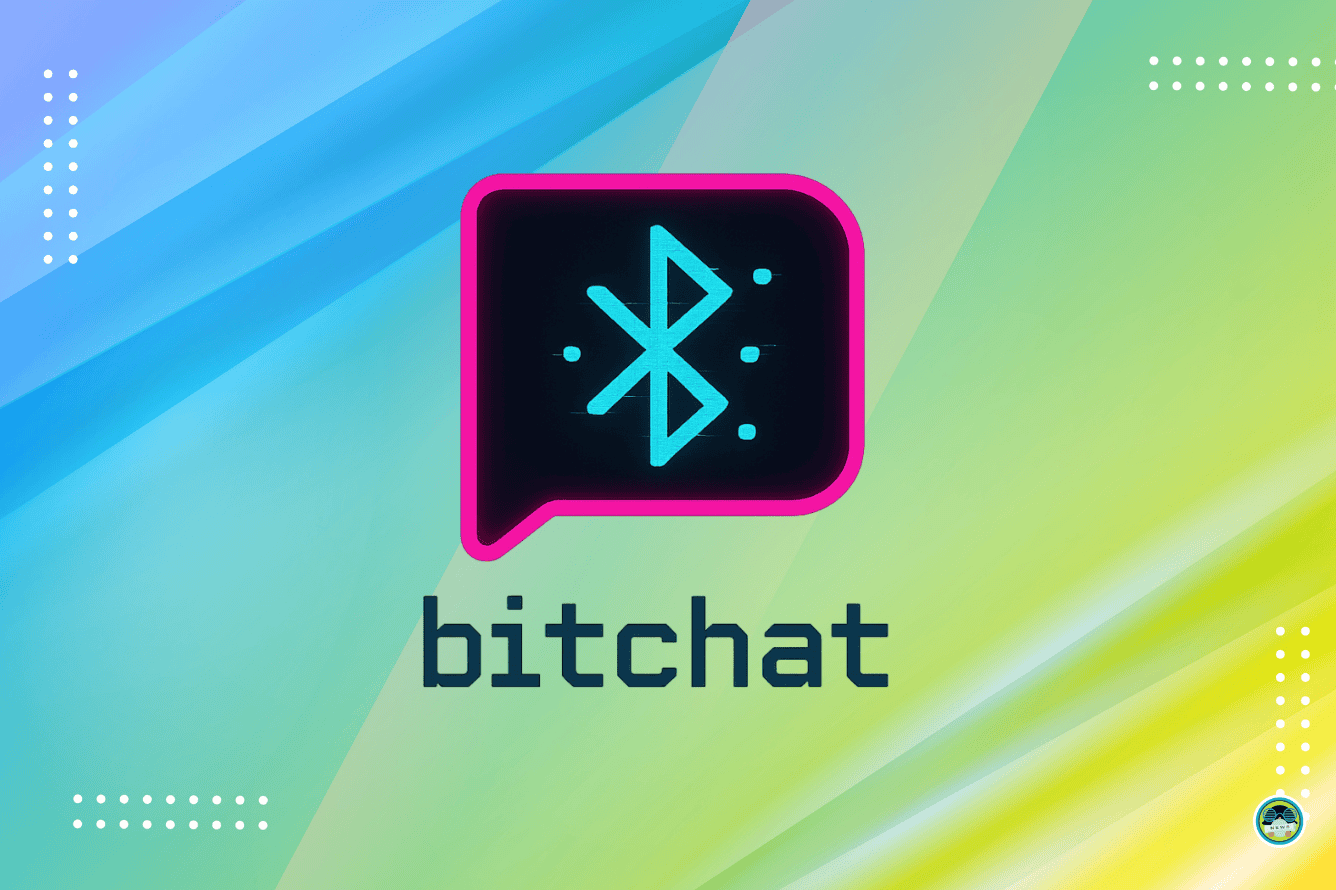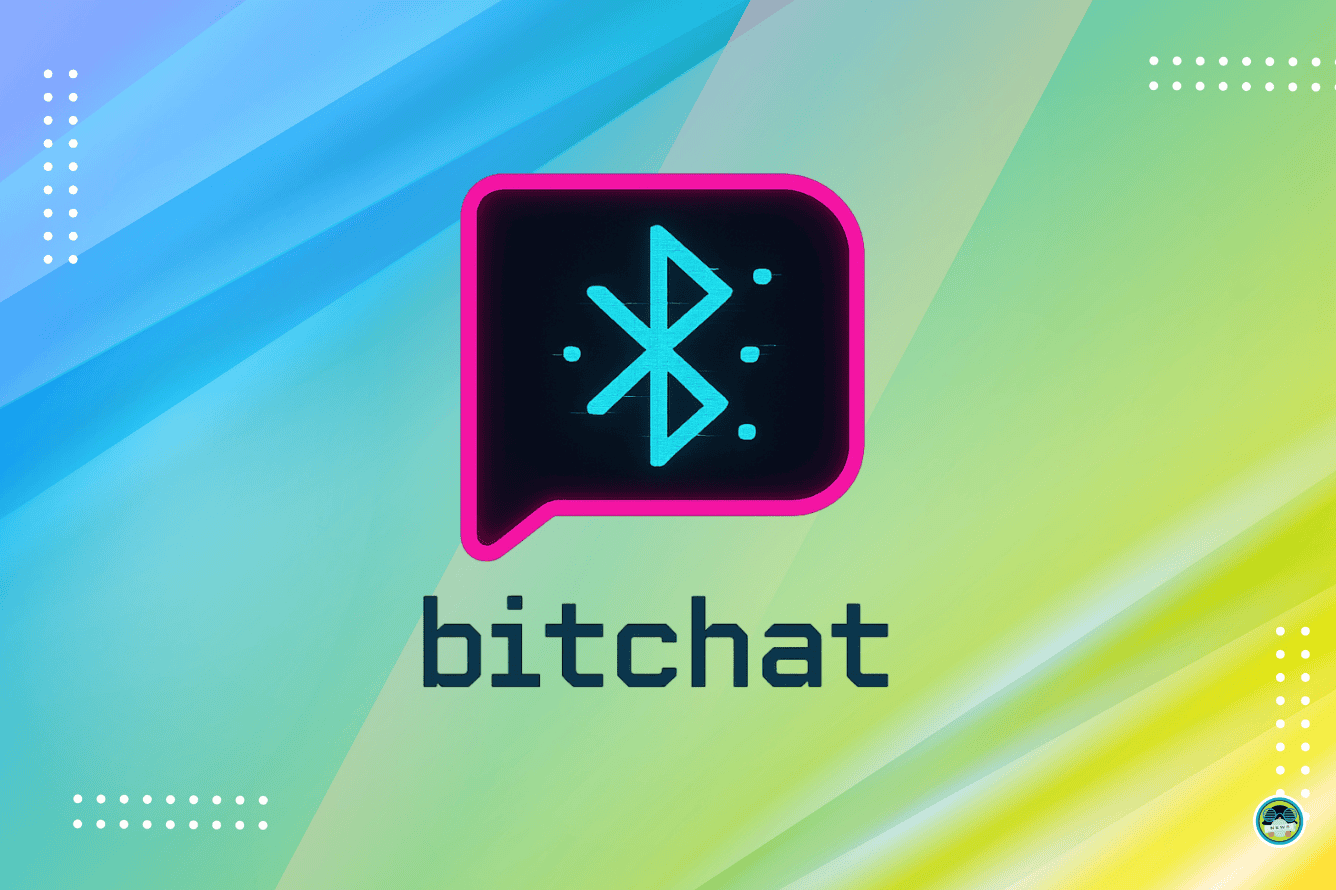Twitter's Original Co-Founder’s New Messaging App Works Without an Internet Connection
Twitter's Original Co-Founder’s New Messaging App Works Without an Internet Connection

Twitter's Original Co-Founder’s New Messaging App Works Without an Internet Connection

Having a secure way to communicate, especially in conflict zones, is more important than ever. When authorities or the occupying power feel threatened, they shut down networks, block apps, and surveil everything, going to great lengths to suppress dissent.
Against this bleak backdrop, Jack Dorsey, co-founder of Twitter, has launched an open source project. It's a decentralized messaging app that works offline without needing the internet or cellular networks.
bitchat: What to Expect?
Built with offline and physical proximity use in mind, bitchat enables secure, peer-to-peer messaging by connecting nearby devices via Bluetooth LE Mesh Networking, allowing messages to hop between phones without involving conventional network connectivity.
bitchat’s architecture depends on a decentralized mesh in which each device simultaneously acts as both a node (client) and relay (server), where each device broadcasts and receives encrypted message packets using Bluetooth LE, enabling multi-hop communication without central servers.
As for its features, bitchat requires no accounts or phone numbers, supports IRC-style commands for easy navigation, enables group chats with channel management, and offers an emergency wipe option to instantly clear all data. It also includes performance optimizations like message compression and adaptive battery modes.
If you ask me, the features it provides can actually be useful for people who are in places where their government can’t be trusted and are facing constant surveillance, censorship, and sudden internet shutdowns that block normal communication channels, e.g., during protests, unlawful crackdowns, armed conflicts, or other emergencies.
Get bitchat
The app is currently in the testing phase via TestFlight (the beta spots are currently full) and is only available for iOS and macOS right now. There’s no word on an Android version yet.
The source code is hosted on GitHub as an Unlicense project. You can also check out the detailed whitepaper for more information on the underlying bits.
From It's FOSS News via this RSS feed